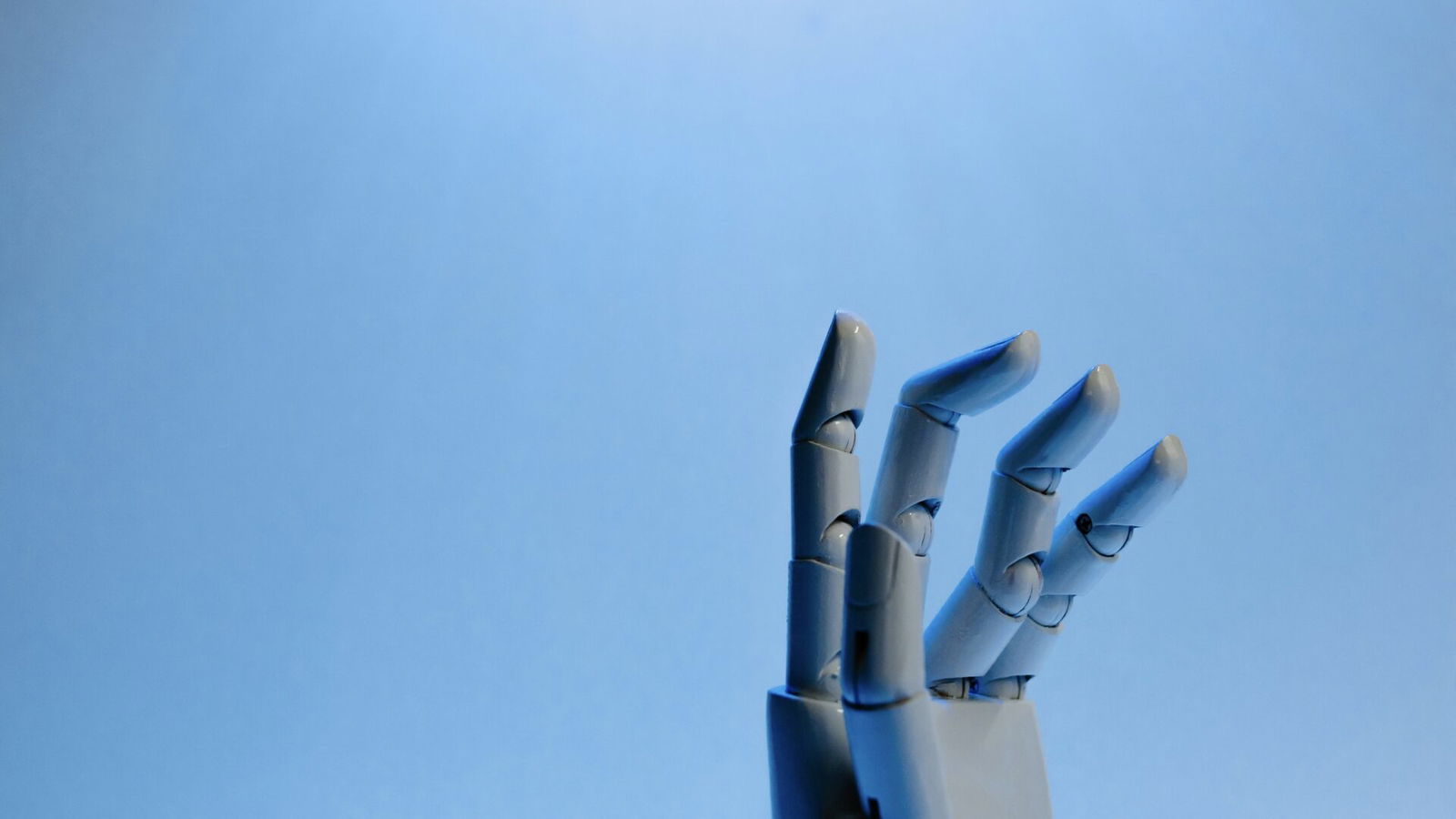Why Is OpenAI Struggling to Gain Acceptance in Hollywood?

The Challenge of AI in Hollywood: OpenAI’s Struggles
Artificial Intelligence (AI) is making waves across various sectors, but it faces significant challenges in breaking into the entertainment industry. OpenAI, known for developing advanced AI technologies, has garnered attention for its Sora video-generation software. Despite interest from some Hollywood creatives, major studios have yet to collaborate with OpenAI.
Interest in Sora
OpenAI recently organized a showcase to demonstrate how Sora can assist filmmakers in the creative process. Rohan Sahai, who heads the product team at Sora, noted that there has been ongoing dialogue within Hollywood about utilizing the software. Souki Mansoor, the lead for the Sora Artist Program, expressed excitement for audiences to realize the potential of Sora, hoping that it inspires them to experiment with the technology.
Barriers to Collaboration
Despite the enthusiasm surrounding Sora, a hurdle remains: major movie studios are hesitant to engage with OpenAI. According to an opinion piece by Matt Steinberg, a technology and public policy expert, OpenAI has struggled to align its operations with the traditional practices of the entertainment industry. Steinberg pointed out that many in Hollywood feel that OpenAI hasn’t shown a willingness to adhere to established contracts, licensing agreements, and labor protections that have been in place for over a century.
OpenAI’s method of training its AI systems on existing films, television shows, books, and other media without securing permission from creators has also created significant mistrust. This has led to a souring relationship with many industry professionals who are concerned about their intellectual property rights.
Call for Regulation
Earlier this year, a group of over 400 Hollywood creatives—ranging from actors to directors—signed an open letter urging the U.S. government to regulate AI and uphold existing copyright laws. This letter highlighted the belief that advancements in AI should not come at the cost of the creative industries, a sentiment echoed by prominent figures such as Ben Stiller and Cate Blanchett.
The essence of the open letter pointed out that the future of AI in America has far-reaching implications, not just for the technology sector but also for the ownership and creation of valuable intellectual property. Creatives fear that they may lose their control over their work if AI systems continue to operate without strict regulations.
Recommendations for OpenAI
For OpenAI to gain traction in Hollywood, Steinberg recommends a collaborative approach. Engaging with industry stakeholders—including labor groups and creators—would be a crucial step. Providing transparency surrounding AI practices could also help rebuild trust. Furthermore, offering a share of revenue generated from AI projects to original creators may foster goodwill and facilitate partnerships.
Steinberg emphasizes that redefining AI as a creative partner, rather than a competitor, is vital for establishing a productive relationship with Hollywood. Such a collaborative spirit could distinguish OpenAI’s approach from other tech companies that operate with less transparency.
In summary, while OpenAI has made strides with its AI technologies, its ability to penetrate the entertainment industry remains constrained by historical practices and concerns over intellectual property rights. The company’s next steps could determine whether it secures much-needed partnerships in Hollywood, fundamentally impacting the future of AI within creative fields.






